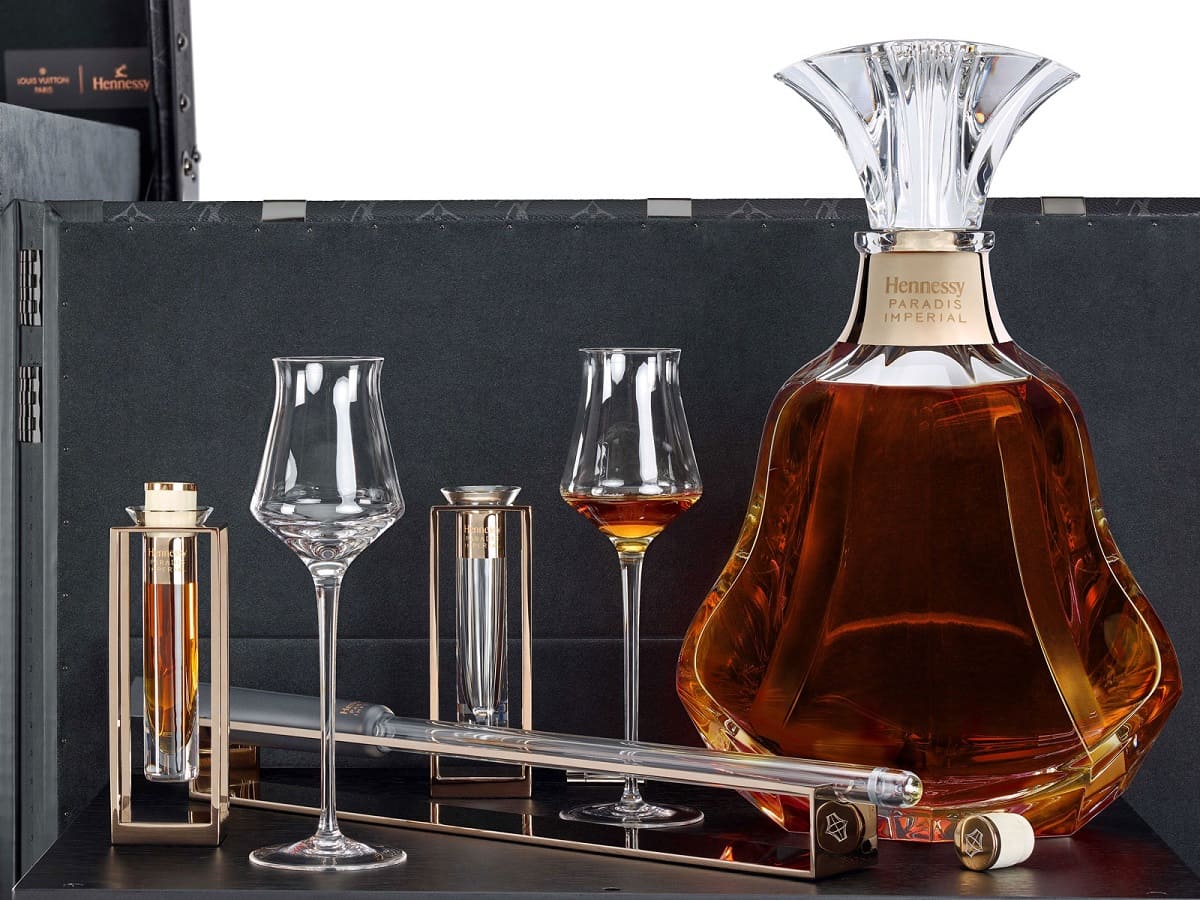

Articles
How To Store Cognac
Modified: January 24, 2024
Learn the best ways to store cognac in this helpful article. Find tips and tricks to preserve its flavor and quality for longer periods.
(Many of the links in this article redirect to a specific reviewed product. Your purchase of these products through affiliate links helps to generate commission for Storables.com, at no extra cost. Learn more)
Introduction
Cognac is a highly prized and luxurious spirit that requires proper storage to maintain its quality and flavor over time. Whether you’re a connoisseur or simply enjoy the occasional glass of cognac, understanding how to store it correctly is crucial to preserving its unique characteristics.
In this article, we’ll explore the essential steps and considerations for proper cognac storage, including choosing the right storage location, controlling temperature and humidity, avoiding light exposure, proper bottle positioning, preventing strong odors, ensuring proper sealing and cork maintenance, decanting and re-bottling, and monitoring and inspecting the cognac.
By following these guidelines, you can ensure that your cognac retains its aroma, taste, and overall quality, so you can enjoy it to the fullest when the right occasion arises.
Key Takeaways:
- Proper storage of cognac is crucial for preserving its exceptional quality. From choosing the right location to monitoring the condition, each step plays a vital role in maintaining the integrity of this luxurious spirit.
- By adhering to the guidelines for cognac storage, you can ensure that each bottle is enjoyed to its fullest potential, savoring the rich aromas and flavors that make this spirit truly exceptional.
Read more: How To Store Cognac Once Opened
Choosing the Right Storage Location
The first step in proper cognac storage is selecting the right location. Ideally, you want a space that is cool, dark, and free from humidity fluctuations. Here are a few factors to consider:
- Temperature: Cognac should be stored at a consistent temperature ranging between 10°C and 20°C (50°F and 68°F). Avoid areas that are too hot or too cold, as extreme temperatures can affect the taste and quality of the spirit.
- Light: Exposure to direct sunlight or bright artificial light can cause the cognac to deteriorate, affecting its color and taste. Choose a storage location away from windows or install blinds or curtains to shield the bottles from light.
- Humidity: Cognac should be stored in an environment with moderate humidity, ideally between 50% and 70%. Excessive humidity can damage the labels and packaging, while low humidity can cause the cork to dry out and allow air to enter the bottle. Consider using a humidifier or dehumidifier to maintain optimal humidity levels.
- Vibration: Avoid storing cognac in areas prone to frequent vibrations, such as near appliances, speakers, or areas with heavy foot traffic. Vibrations can disturb the sediment in the bottle and negatively impact the aging process.
Additionally, it’s crucial to choose a storage location where the cognac will be undisturbed. Constant movement or handling can cause agitation and affect the aging process and flavor profile of the spirit.
Whether you opt for a cellar, a dedicated liquor cabinet, or a specific section of your kitchen, ensure that the chosen area meets these criteria to provide the optimal storage conditions for your cognac collection.
Temperature and Humidity Control
Proper temperature and humidity control are essential to preserving the integrity of cognac. Here are some guidelines to help you maintain optimal conditions:
- Temperature: As mentioned earlier, cognac should be stored at a consistent temperature between 10°C and 20°C (50°F and 68°F). Fluctuations in temperature can cause the alcohol to expand and contract, leading to potential leakage and degradation of the spirit. Avoid storing bottles near heat sources such as radiators or stoves, as this can accelerate the aging process and affect the flavor profile.
- Humidity: Maintaining moderate humidity levels between 50% and 70% is crucial for cognac storage. High humidity can promote mold growth, damage labels, and even deteriorate the cork, leading to spoilage. On the other hand, low humidity can cause the cork to dry out, resulting in air exposure and oxidation of the spirit. Use a hygrometer to monitor humidity levels and make adjustments as needed with the help of humidifiers or dehumidifiers.
- Stable Environment: Besides temperature and humidity, it is essential to create a stable environment for cognac storage. Avoid sudden changes in environmental conditions, such as rapid temperature fluctuations or exposure to drafts. These variations can disrupt the aging process and adversely affect the taste of the spirit. Similarly, avoid storing cognac in areas with high condensation, such as near refrigerators or in poorly insulated spaces.
Remember to periodically check the storage area to ensure that the temperature and humidity levels remain consistent. By maintaining ideal conditions, you can preserve the flavors, aromas, and overall quality of your cognac collection for years to come.
Light Exposure
Light exposure is a crucial consideration when storing cognac. Ultraviolet (UV) rays in natural sunlight and even bright artificial light can degrade the quality of the spirit over time. Here’s how you can protect your cognac from light exposure:
- Avoid Direct Sunlight: Store your cognac away from windows or any areas that receive direct sunlight. Sunlight can cause the degradation of the color, flavor, and aroma compounds in the cognac, leading to a loss of quality. If you have a dedicated liquor cabinet, ensure it is positioned in a shaded area or invest in opaque covers or blinds to shield the bottles from sunlight.
- Use UV-Resistant Glass: If storing your cognac in a display cabinet or on open shelves, consider utilizing UV-resistant or amber-colored glass bottles. These bottles can effectively filter out harmful UV rays and provide an additional layer of protection to the spirit. Alternatively, you can keep the original bottles and use opaque covers or bags to shield them from light exposure.
- Avoid Fluorescent or Strong Artificial Light: While natural sunlight is a primary concern, it’s important to minimize exposure to bright artificial light as well. Fluorescent lights, in particular, emit a high level of UV radiation that can be detrimental to the quality of the cognac. Store your bottles in areas with soft, ambient lighting or consider using low-level LED lights that emit minimal UV radiation.
By taking these precautions, you can protect your cognac from light-induced deterioration and ensure that it maintains its color, aroma, and taste for an extended period.
Bottle Positioning
Proper bottle positioning is an important aspect of storing cognac. It helps to ensure that the spirit remains in contact with the cork, preventing it from drying out or becoming contaminated. Here are a few guidelines for bottle positioning:
- Keep Bottles Upright: Unlike wine, cognac should typically be stored in an upright position. Storing the bottles upright allows the spirit to maintain direct contact with the cork, preventing it from drying out and potentially allowing air to enter the bottle.
- Exceptions for Long-Term Storage: While storing cognac upright is generally recommended, there are some exceptions for long-term storage. If you plan to age a specific bottle of cognac for many years, storing it on its side may help keep the cork slightly moist. This method is more common with vintage or collectible cognacs. However, it is important to monitor the cork periodically to ensure it remains in good condition.
- Rotation and Movement: Avoid frequently moving or shaking bottles of cognac, especially those that have been aging for a significant period. Continuous agitation can disturb the sediment in the bottle and potentially affect the flavor and quality of the spirit. If you do need to move the bottles (e.g., during relocation or reorganizing), allow them to settle for a few days before opening to give any disturbed sediment time to settle.
Remember, proper bottle positioning helps to maintain the quality and integrity of the cognac. By following these guidelines, you can ensure that your bottles are stored in an optimal position for long-term storage and enjoyment.
Store cognac in a cool, dark place away from direct sunlight and temperature fluctuations. Keep the bottle upright to prevent the cork from drying out and store it away from strong odors.
Read more: How To Store Basil From Store
Avoiding Strong Odors
When storing cognac, it is important to avoid exposing it to strong odors, as the spirit is highly susceptible to absorbing smells from its environment. The following are some essential guidelines to prevent any unwanted odors from affecting the quality of your cognac:
- Separate from Strong-Smelling Substances: Keep your cognac away from strong-smelling substances such as cleaning chemicals, spices, perfumes, and other strong-scented food or beverages. These odors can easily penetrate the cork and contaminate the flavor and aroma of the spirit.
- Dedicated Storage Space: If possible, store your cognac in a dedicated liquor cabinet or a separate section of your pantry. This helps to reduce the risk of exposure to odorous items and ensures a more controlled and protected environment for your collection.
- Avoid Kitchen Storage: While it may be convenient, storing cognac in the kitchen can expose it to a wide range of cooking smells, spices, and oils. These strong odors can easily seep into the bottles and negatively impact the taste and aroma of the spirit. Instead, opt for a storage area that is away from the kitchen and free from any potential sources of strong odors.
- Seal Bottles Properly: Ensure the bottles are tightly sealed to minimize the risk of odor contamination. Check the cork or cap of each bottle to ensure a proper seal before placing it back into storage. If you find any bottles with compromised seals or damaged corks, consider transferring the cognac to a new container to avoid any potential odor absorption.
By following these guidelines, you can protect the delicate flavor and aroma of your cognac collection and ensure that each sip offers a truly exceptional and untainted experience.
Proper Sealing and Cork Maintenance
Proper sealing and cork maintenance are crucial for preserving the quality and longevity of your cognac. Here are some important steps to ensure the integrity of the seals and corks:
- Inspect the Corks: Regularly check the condition of the corks in your cognac bottles. Look for any signs of deterioration, such as crumbling or dryness. If you notice any issues, consider transferring the cognac to a new container with a fresh cork to prevent air exposure and potential spoilage.
- Store Bottles Upright: Storing cognac bottles upright helps to maintain a good seal between the cork and the bottle neck. This reduces the likelihood of air entering the bottle and affecting the quality of the spirit. If a bottle has been stored horizontally for an extended period, it is advisable to let it stand upright for a few days to allow the cork to regain its shape before opening.
- Avoid Frequent Opening: Each time a bottle is opened, oxygen comes into contact with the cognac, potentially affecting its flavor and character. To minimize air exposure, try to limit the frequency of opening bottles unnecessarily. Instead, reserve the opening for when you are ready to enjoy the cognac.
- Maintain Moisture: Cognac corks require a certain level of moisture to maintain their elasticity and form a strong seal. If you notice a cork becoming dry or brittle, consider using a wine preserver or a small amount of distilled water to moisten the cork slightly. Be cautious not to saturate the cork, as excessive moisture can lead to molding.
By ensuring proper sealing and cork maintenance, you can protect the flavors, aromas, and overall quality of your cognac collection, ensuring that each bottle is a delightful experience to savor.
Decanting and Re-bottling
Decanting and re-bottling are optional steps in cognac storage that can be beneficial in certain situations. Here’s a guide to help you understand when and how to decant or re-bottle your cognac:
- Decanting: Decanting is the process of transferring the cognac from its original bottle to a different container. It is typically done to remove any sediment that may have formed over time. Sediment is common in older bottles of cognac and is harmless but can affect the overall appearance of the spirit. To decant your cognac, carefully pour it into a clean decanter, taking care to leave any sediment behind. This process can also provide an opportunity to showcase or present the cognac in an elegant manner when serving guests.
- Re-bottling: Re-bottling may be necessary in situations where the original bottle is damaged, the seal is compromised, or you prefer a different type of container for storage or display purposes. When re-bottling cognac, make sure to use clean, airtight glass bottles that are suitable for long-term storage. Ensure that the bottles are properly sterilized and thoroughly dried before transferring the cognac to avoid any contamination. Additionally, label the new bottles with the relevant information, such as the brand, age, and date of re-bottling, for future reference.
- Note: While decanting and re-bottling can be beneficial in certain cases, it is important to consider the potential risk of air exposure during the process. Exposure to air can accelerate oxidation and potentially alter the flavor of the cognac. Therefore, it is generally recommended to minimize unnecessary decanting or re-bottling unless there is a specific need or preference.
When decanting or re-bottling cognac, handle the spirit with care to minimize agitation and air exposure. These steps can help maintain the quality and aesthetics of your cognac collection, ensuring that each bottle is presented and stored in the most suitable manner.
Monitoring and Inspecting the Cognac
Monitoring and inspecting your cognac collection regularly is important to ensure that the spirit is aging properly and maintaining its quality. Here are some key aspects to consider:
- Cork Condition: Periodically check the condition of the corks in your bottles. Look for any signs of damage or deterioration, such as cracks, crumbling, or leakage. If you detect any issues with the cork, it is advisable to transfer the cognac to a new bottle to prevent air exposure and potential spoilage.
- Color and Clarity: Observe the color and clarity of the cognac. Over time, the spirit may darken and develop richer hues due to aging in oak barrels. Cloudiness or sediment may indicate poor storage conditions or the need for decanting. If you notice any drastic changes or abnormalities, it may be a sign of potential issues with the cognac.
- Aroma: The aroma of cognac is an essential component of its overall enjoyment. Take time to appreciate and evaluate the aroma of the spirit when opening a bottle. Check for any off-putting or unpleasant odors, which may indicate spoilage or contamination. A well-aged cognac should have complex and inviting aromas that evolve over time.
- Taste: When sampling your cognac, pay attention to the taste and flavor profile. Assess the balance of flavors, complexity, and the presence of any off-flavors or bitterness. Any unpleasant or unexpected tastes may be a sign of spoilage or improper storage conditions. As cognac ages, it should develop smoothness and refinement in its taste.
- Avoid Excessive Tasting: While it is enjoyable to savor your cognac collection, excessive tasting can deplete the quantity and interrupt the aging process. Resist the temptation to frequently open bottles for sampling. Instead, limit tasting to special occasions or when you want to appreciate the flavors and nuances of a particular bottle.
Regularly monitoring and inspecting your cognac collection ensures that you catch any potential issues early on and take the necessary steps to address them. By doing so, you can maintain the quality and integrity of your cognac, allowing you to enjoy it for years to come.
Read more: How To Store Store-Bought Bread
Conclusion
Properly storing cognac is vital for preserving its exceptional quality and ensuring a delightful drinking experience. From choosing the right storage location to monitoring the condition of the spirit, each step plays a crucial role in maintaining the integrity of the cognac. By following the guidelines outlined in this article, you can ensure that your cherished cognac collection remains in optimal condition:
Choose a storage location that provides a cool, dark, and stable environment, avoiding exposure to direct sunlight. Control temperature and humidity levels to prevent spoilage and maintain the integrity of the spirit. Protect your cognac from light exposure by keeping it away from strong artificial light and using UV-resistant glass or opaque covers. Proper positioning of the bottles, either upright or on their side for long-term aging, helps maintain a proper seal and prevents air exposure.
Avoid strong odors that can be absorbed by the spirit, and ensure proper sealing and cork maintenance to prevent air exposure and spoilage. When necessary, consider decanting or re-bottling your cognac, taking care to minimize air exposure during the process. Regularly monitor and inspect your collection, paying attention to the cork condition, color, clarity, aroma, and taste of the cognac.
By adhering to these guidelines, you can enjoy your cognac collection to its fullest potential, savoring the rich aromas and flavors that make each bottle truly exceptional. Remember, proper storage and maintenance are essential for preserving the legacy and quality of this luxurious spirit.
So, raise a glass to a well-preserved cognac collection – here’s to many memorable moments and exquisite enjoyment!
Frequently Asked Questions about How To Store Cognac
Was this page helpful?
At Storables.com, we guarantee accurate and reliable information. Our content, validated by Expert Board Contributors, is crafted following stringent Editorial Policies. We're committed to providing you with well-researched, expert-backed insights for all your informational needs.
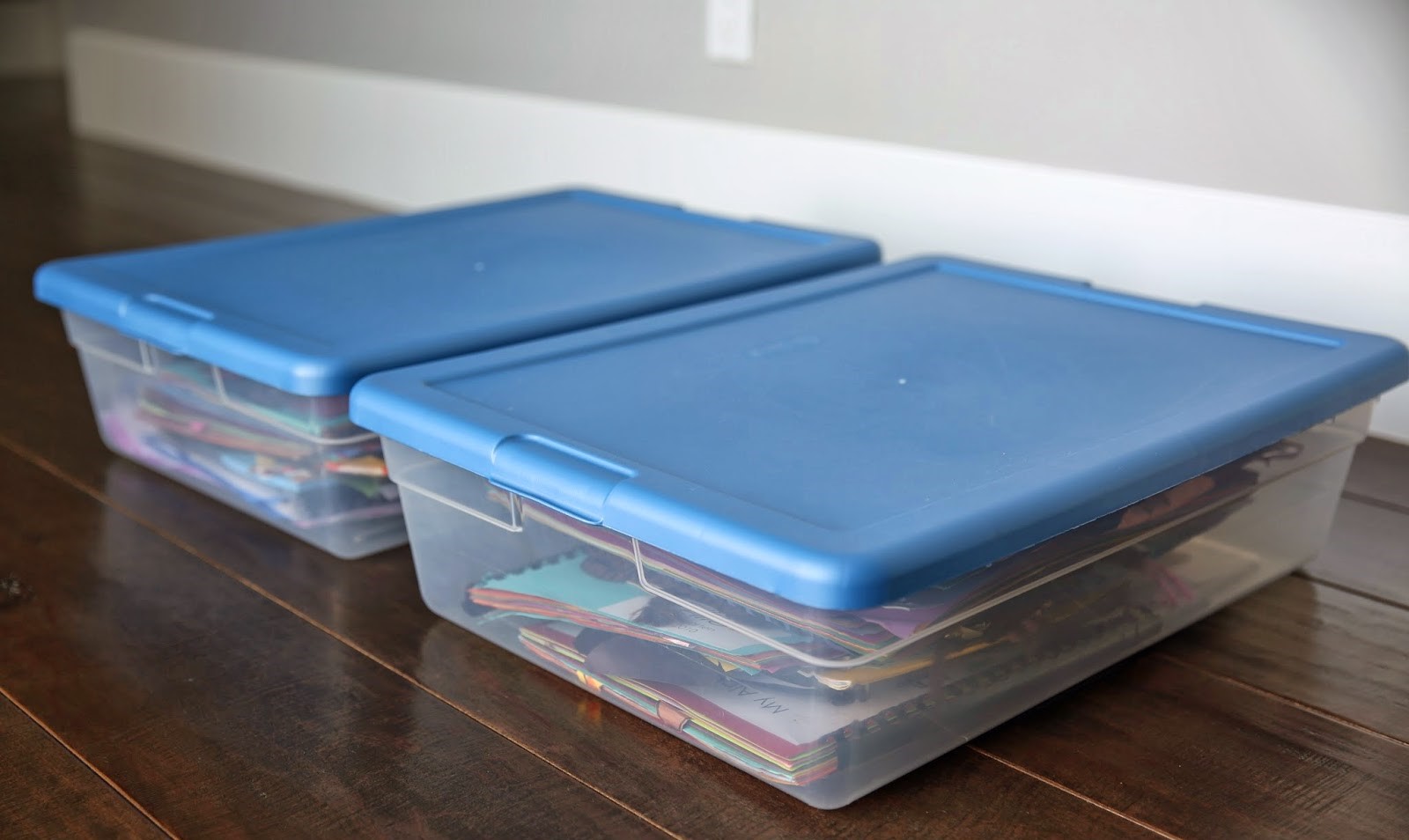
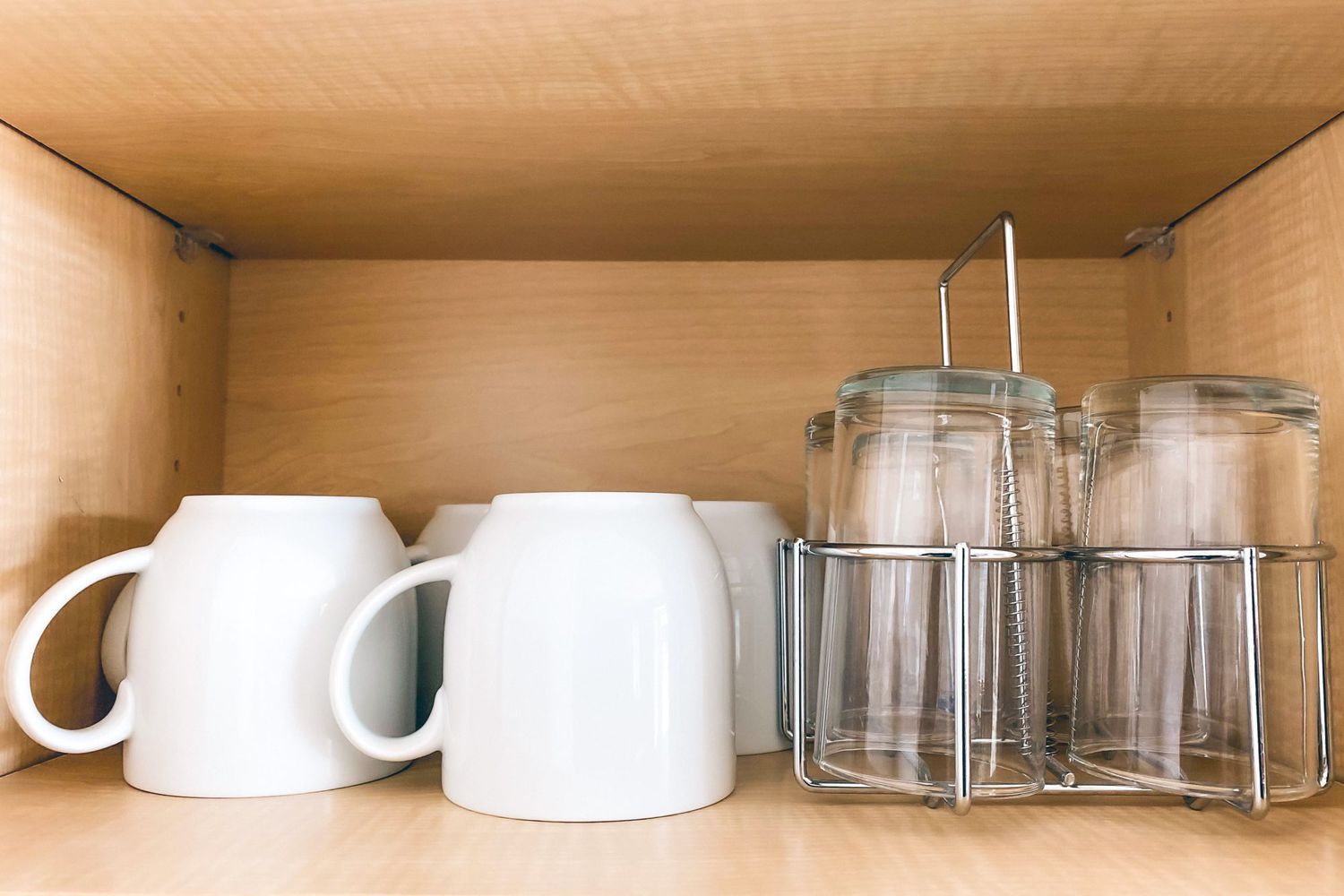
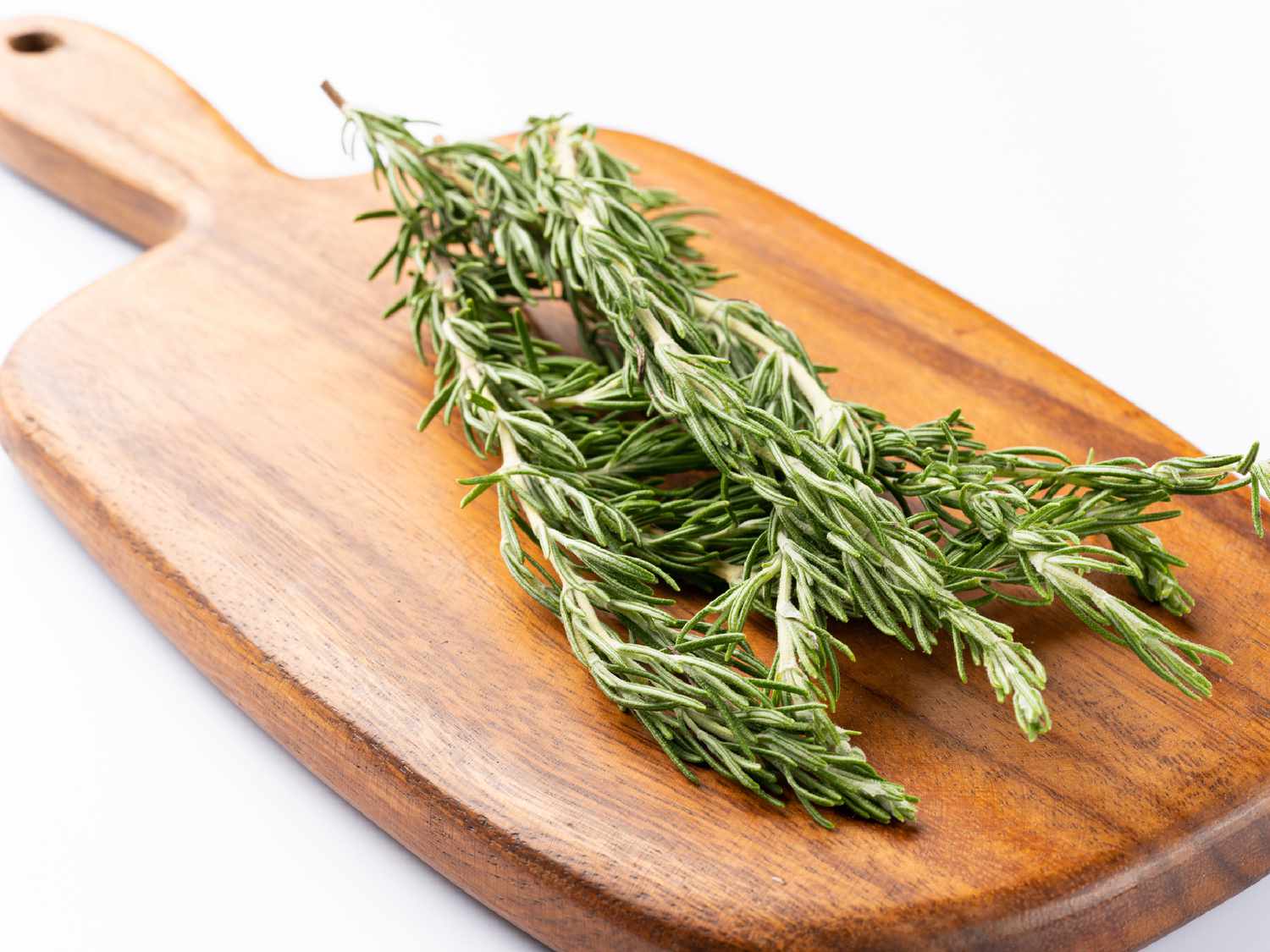
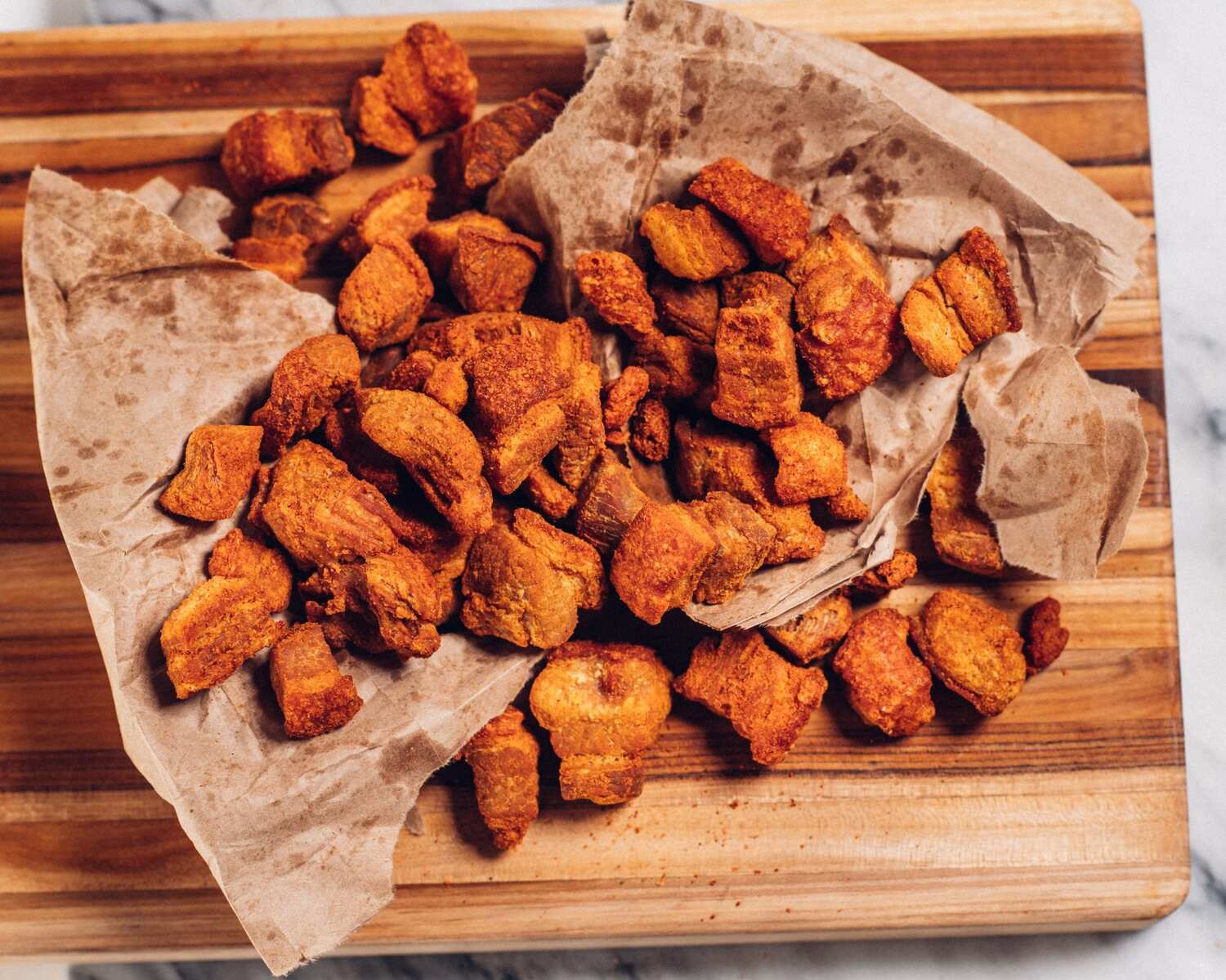
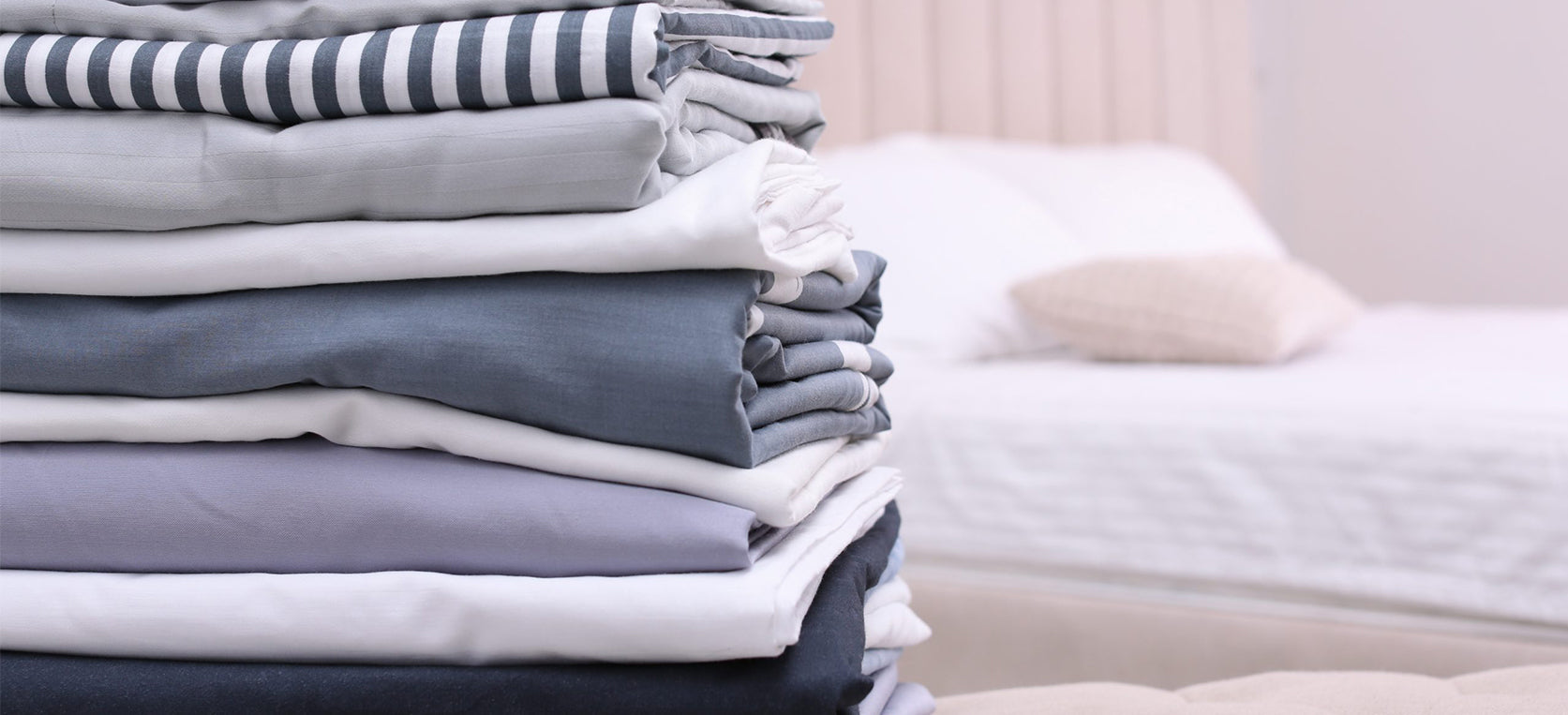
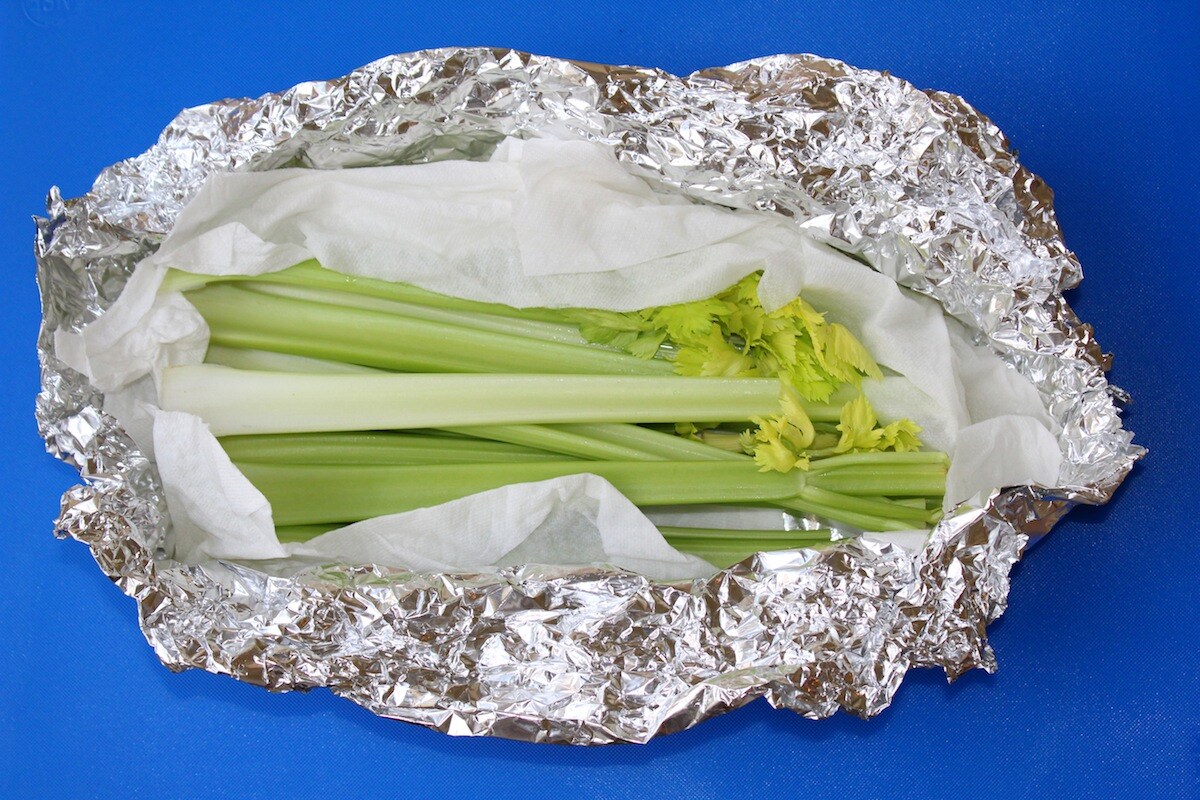
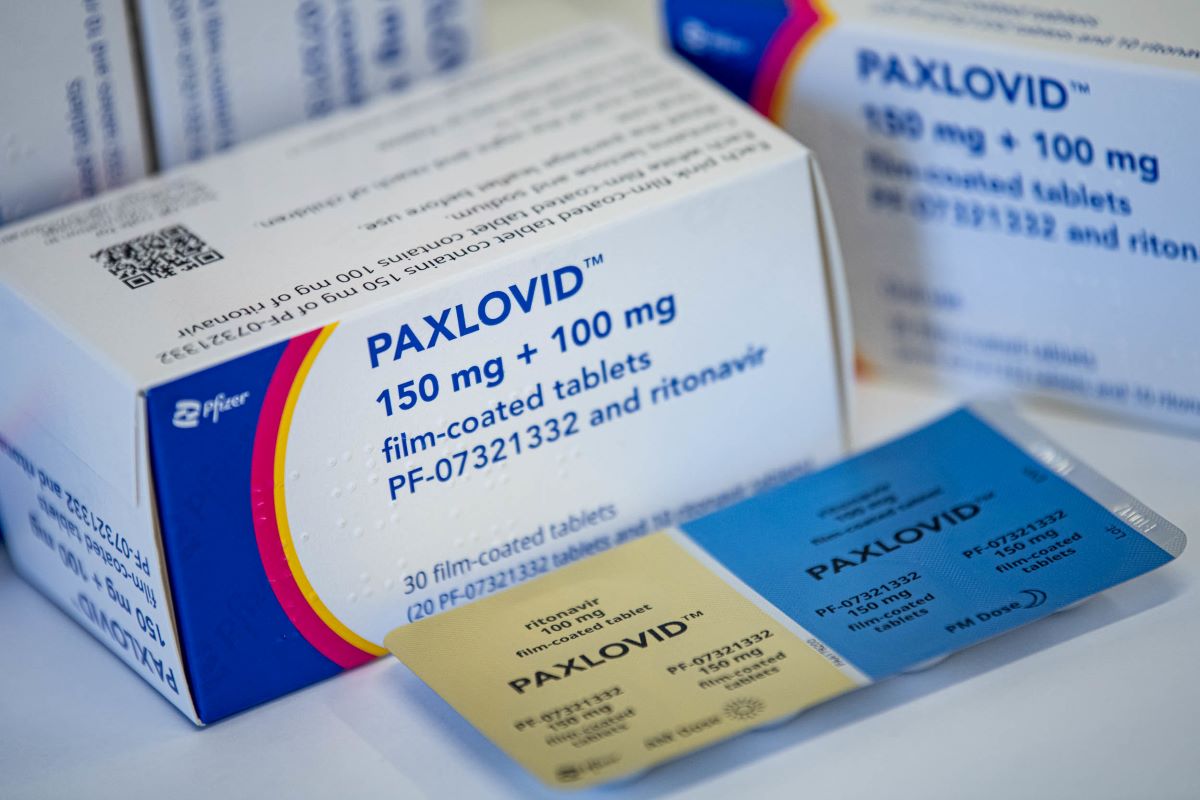
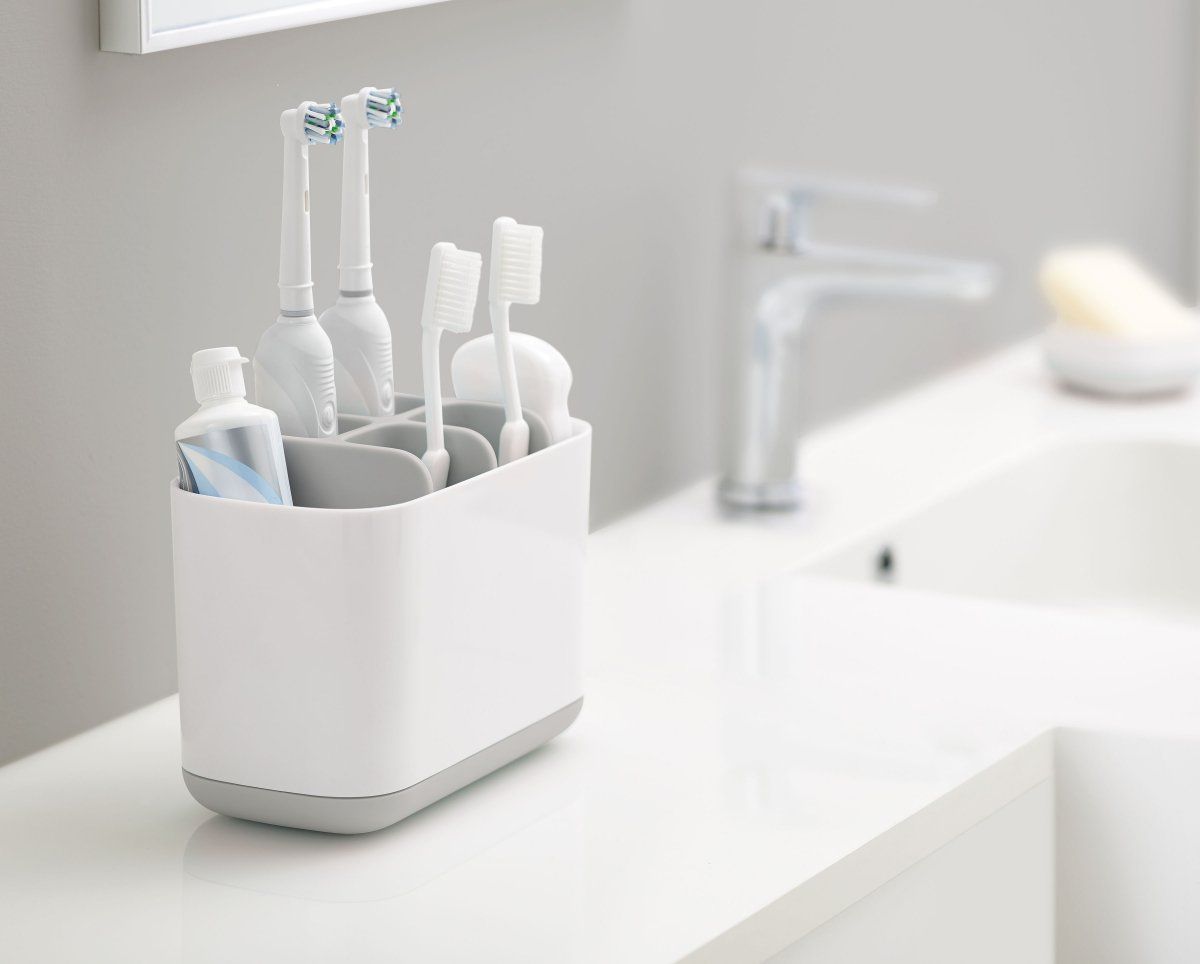
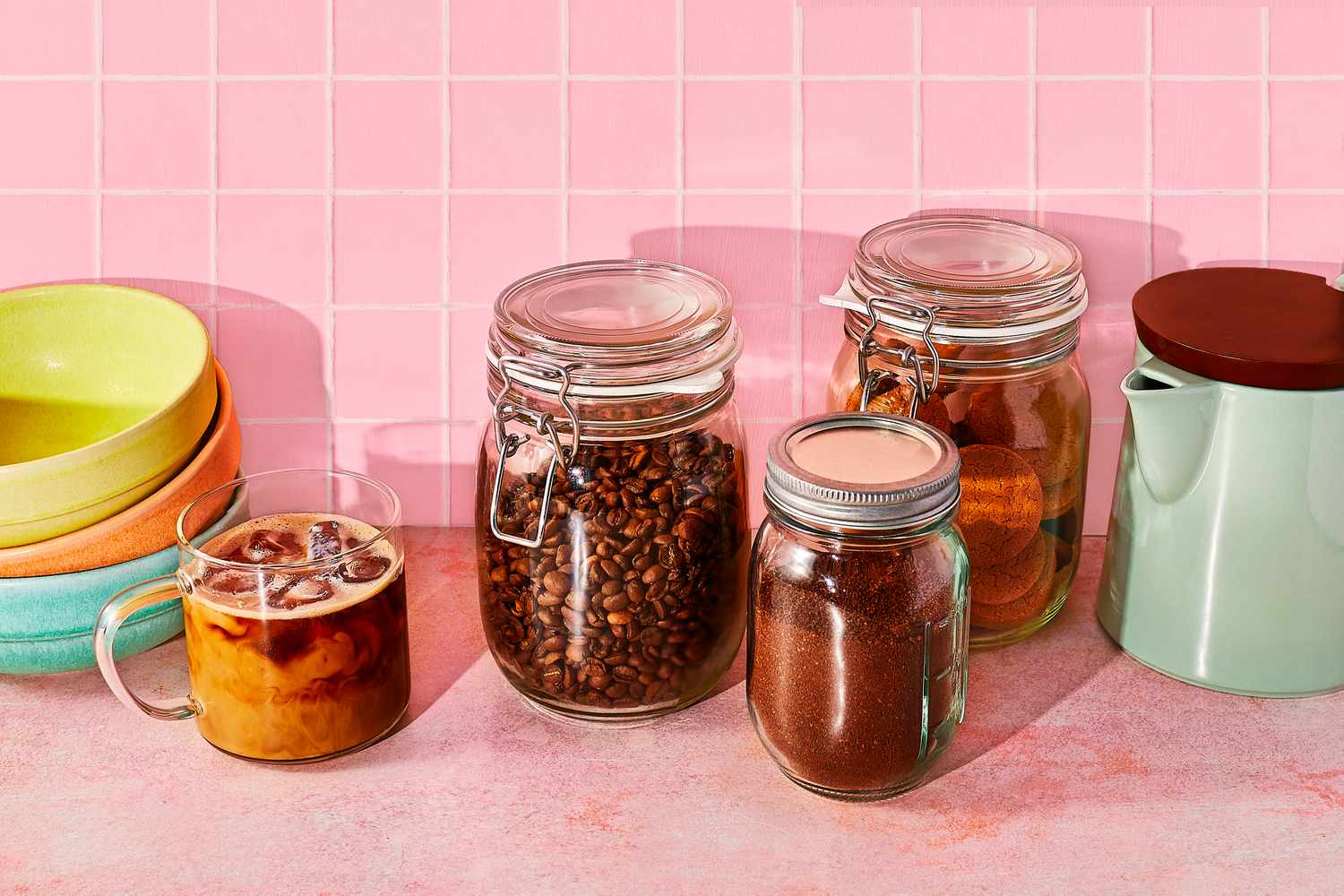
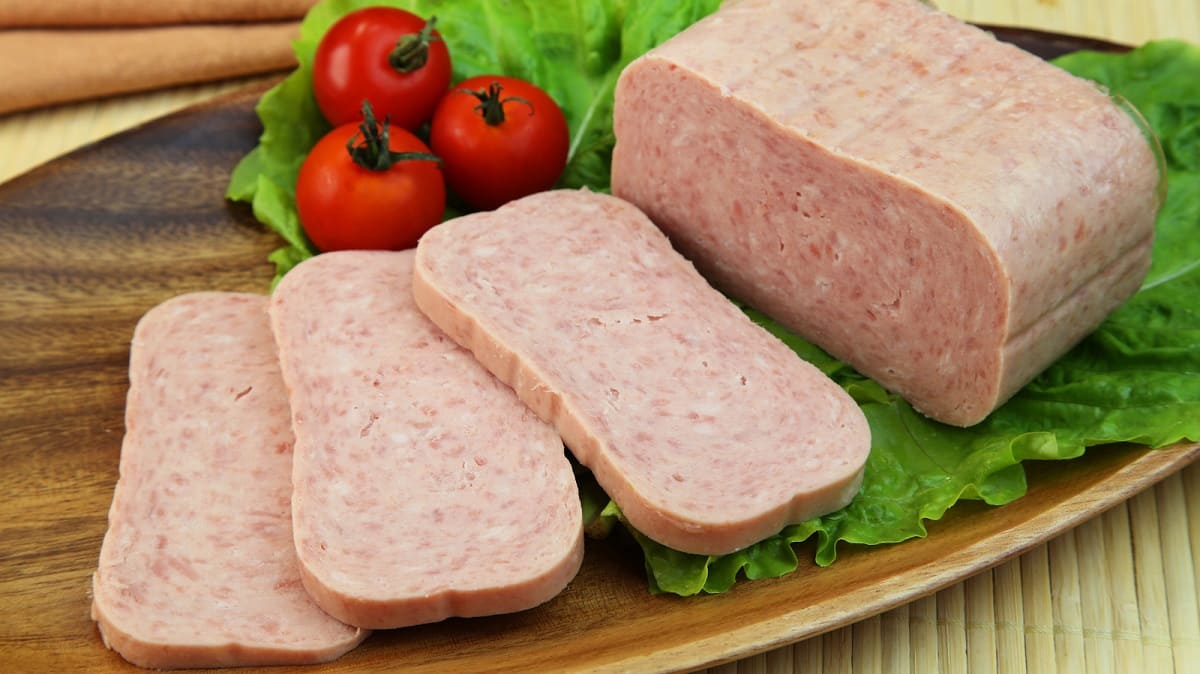
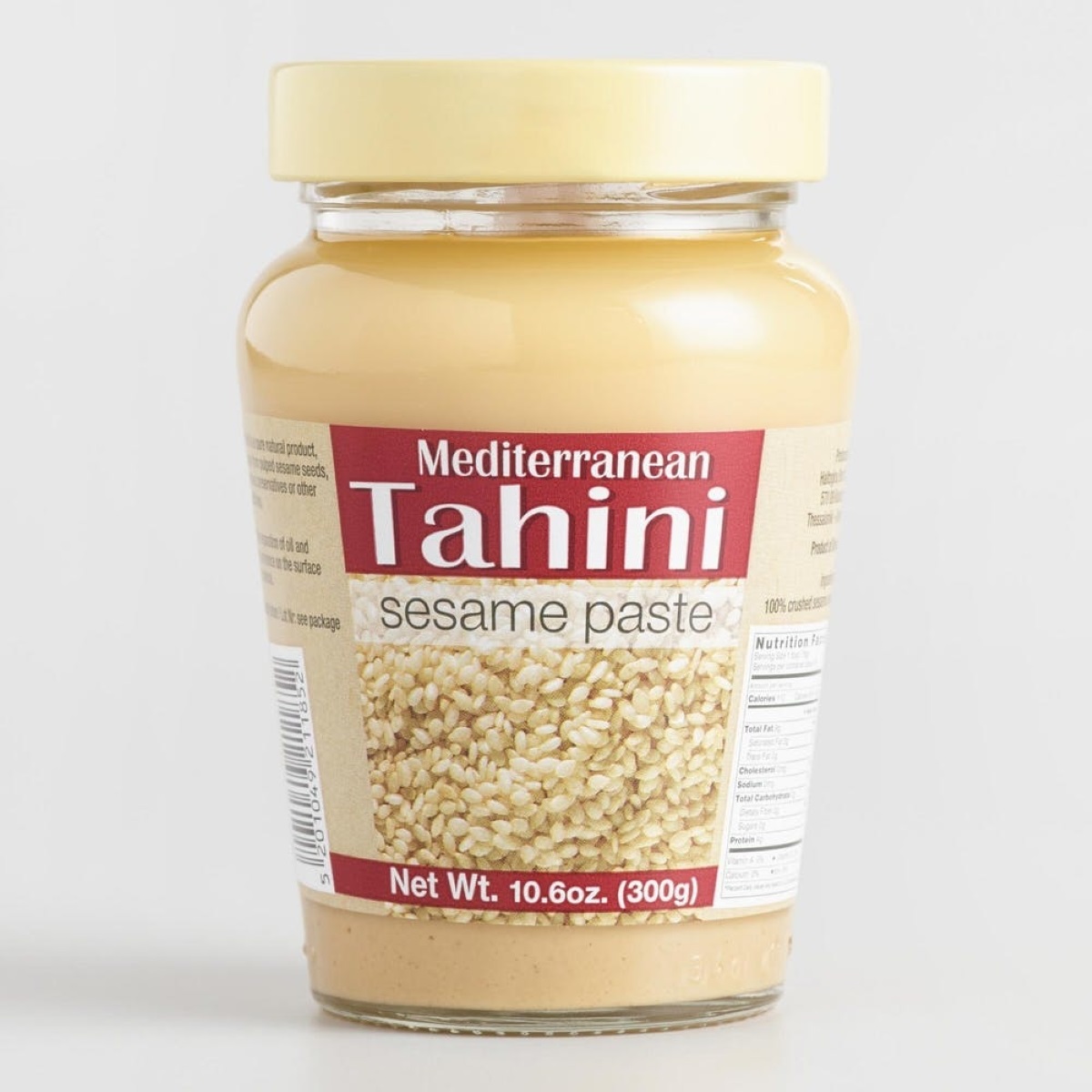
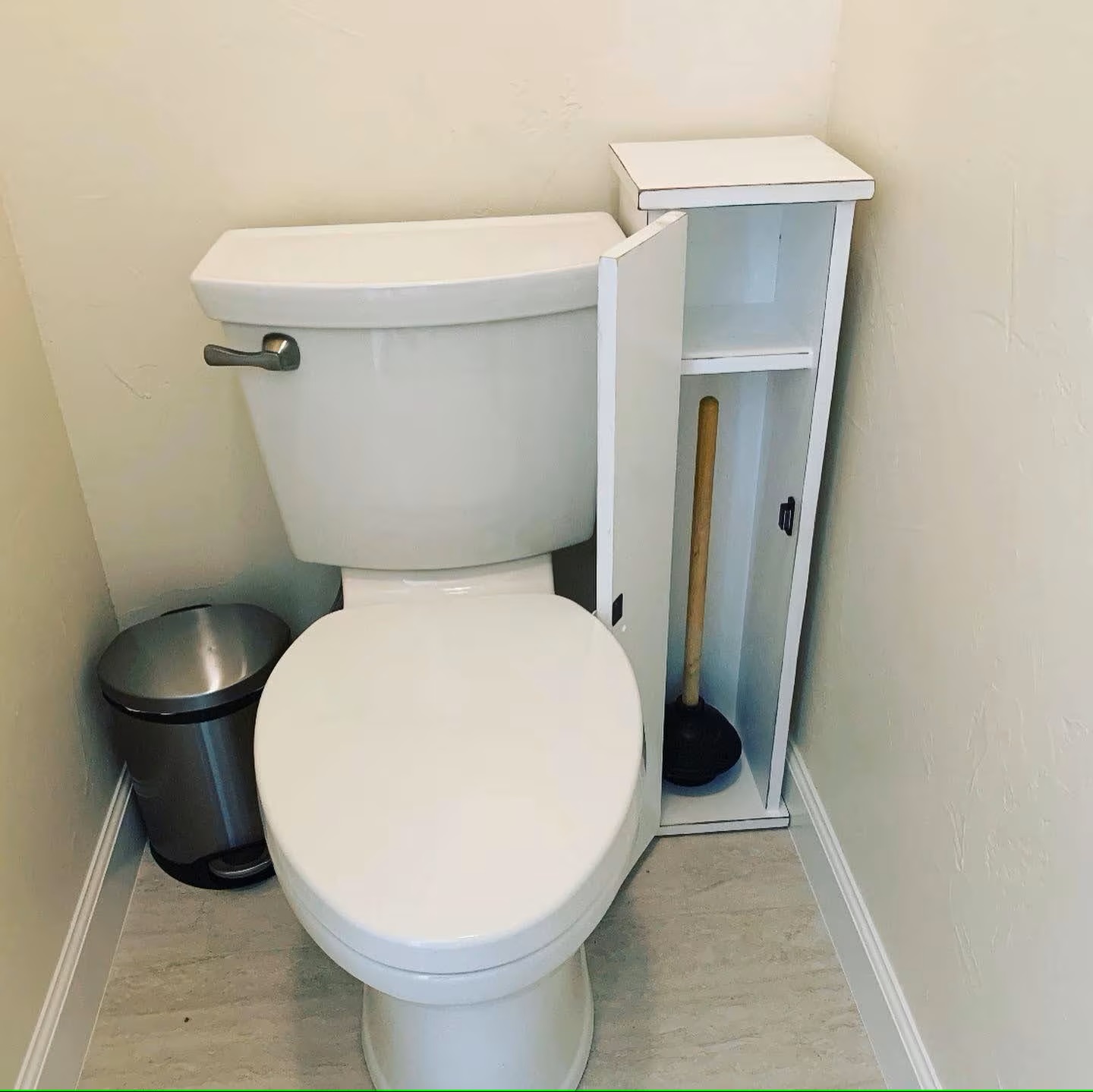
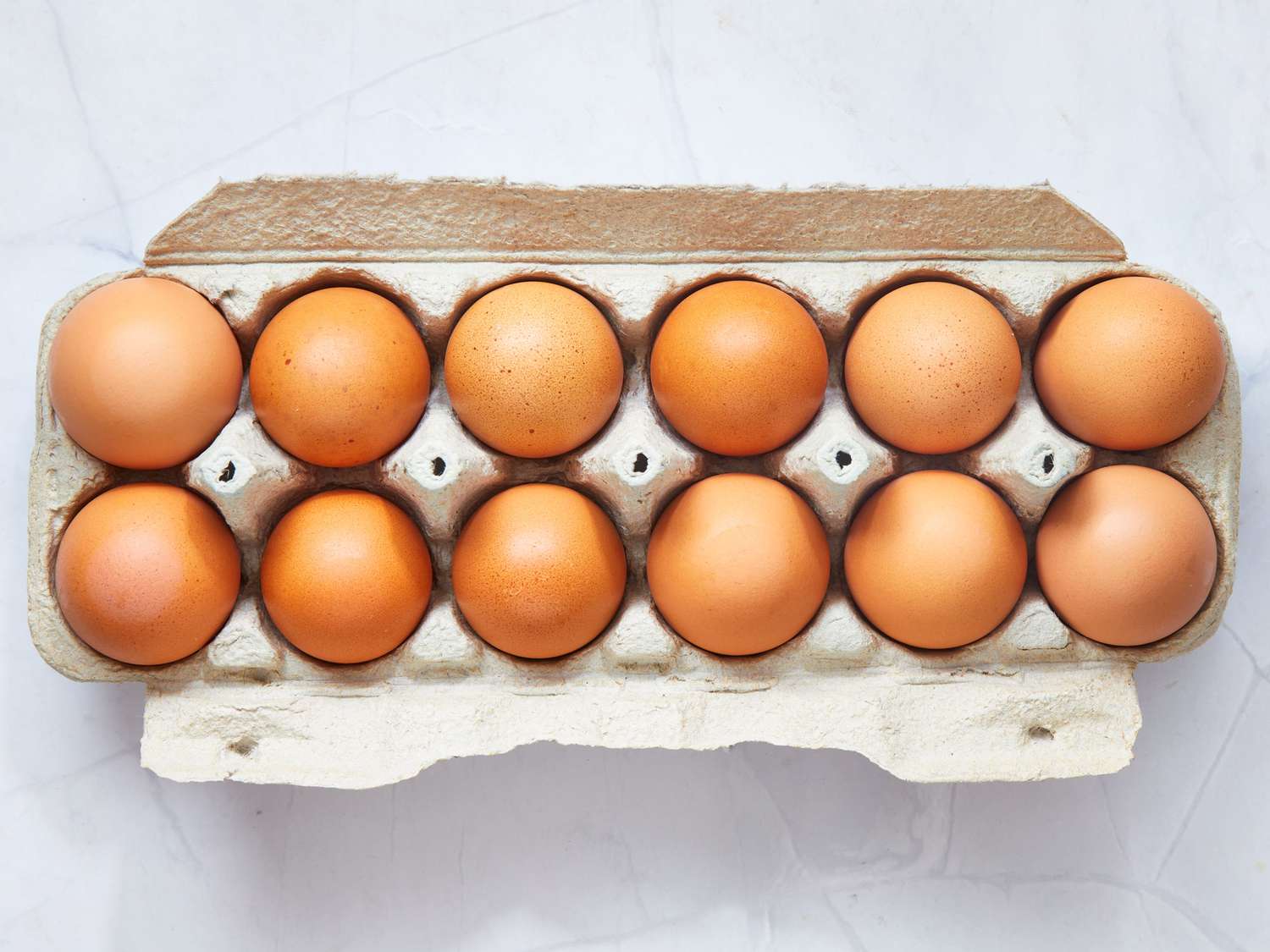

0 thoughts on “How To Store Cognac”